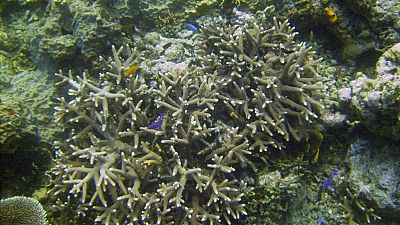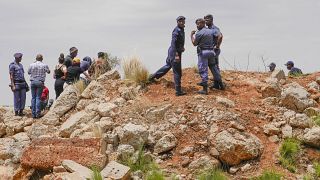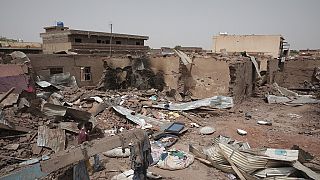Adaptation to climate change
Coral reefs, vital to marine ecosystems and millions of people worldwide, are on the brink of collapse due to climate change. A new study led by Dr. Liam Lachs, a postdoctoral research associate at Newcastle University, warns that without significant reductions in greenhouse gas emissions, coral populations could be lost by 2070.
Speaking about the findings, Dr. Lachs explained: "Given current climate policies, we're on track for a three degrees Celsius world by the end of the 21st century. In that scenario, if corals cannot genetically adapt, they will be lost by 2070. However, allowing for genetic adaptation could make the difference between their survival and extinction."
Why Coral Reefs Matter
Coral reefs are among the first ecosystems at risk of being wiped out by climate change. Their loss would have devastating consequences:
- They act as natural barriers, protecting coastal communities from storms and storm surges.
- They provide a critical source of protein for hundreds of millions of people through fish populations.
- They underpin industries such as tourism and fisheries, valued at billions of dollars globally.
"Protecting these ecosystem services is an utmost priority," Lachs emphasized.
Hope for Coral Adaptation
The study, published in Science, analyzed coral populations in Palau's reefs and modeled their responses under various climate scenarios. The findings highlight that corals could adapt to warming seas if the global temperature rise is limited to 2 degrees Celsius, as outlined in the Paris Agreement.
Maintaining healthy reefs through measures like improving water quality and regulating destructive fishing practices is essential to give corals a fighting chance. Innovative strategies, such as "assisted evolution" and selective breeding, are also being explored to enhance coral resilience.
A Broader Impact
For Dr. Lachs, saving Earth's coral reefs is about more than just preserving marine life: "Coral reefs support countless people and industries. Cracking the problem of how to save them could have far-reaching impacts, both for biodiversity and the livelihoods of millions worldwide."











Go to video
Multilateral Development Banks: Delivering climate finance but falling short on reforms
02:02
Developing nations blast COP29 climate finance deal
01:20
COP29 summit: Anger at ‘meagre’ figure for climate cash
01:25
Negotiators race to reach deal as climate talks face deadlock
11:05
Africa's hight cost of climate change [Business Africa]
01:32
COP29 climate talks: Draft text omits key funding commitments